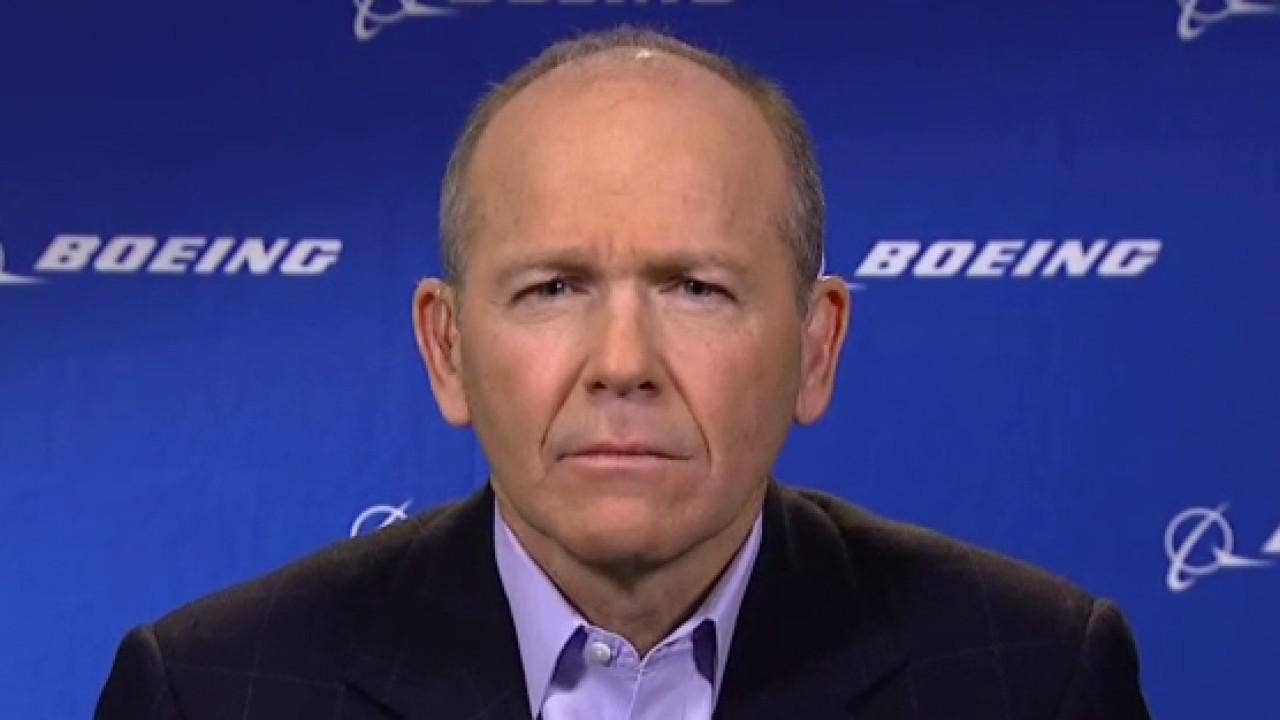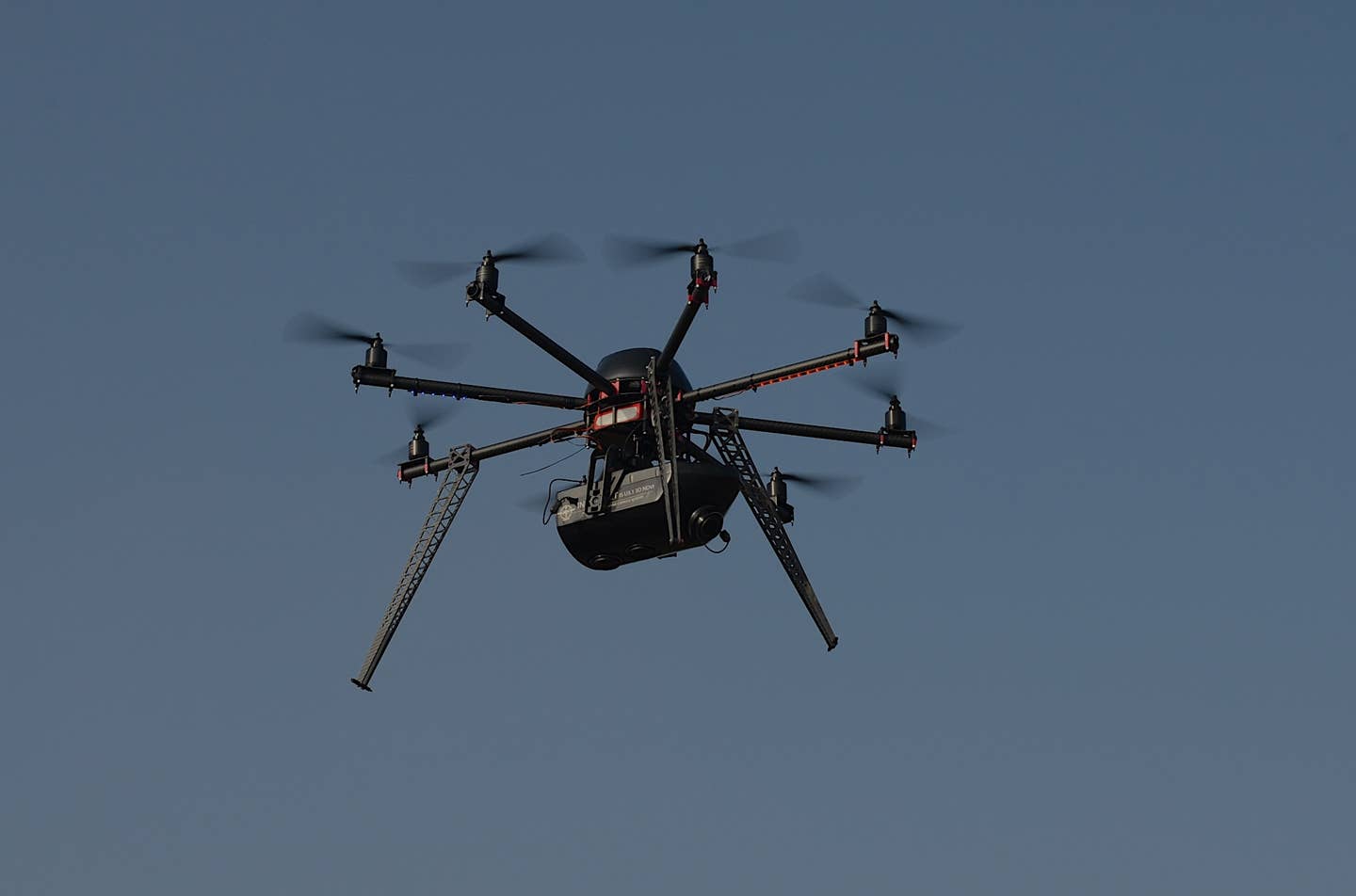Boeing Top Management Purged
Boeing is cleaning house at the top with its top executives leaving the company by the end of this year. CEO Dave Calhoun announced his retirement effective at the end…

Boeing is cleaning house at the top with its top executives leaving the company by the end of this year. CEO Dave Calhoun announced his retirement effective at the end of 2024 and Chairman of the Board Larry Kellner is not running for reelection at the annual meeting in May. Stan Deal, CEO of the commercial airplane unit, is leaving the company immediately. Calhoun told staff in a memo that the company needs to rally itself to meet the challenges that have arisen in the last five years.
“As you all know, the Alaska Airlines Flight 1282 accident was a watershed moment for Boeing,” Calhoun wrote to employees on Monday. “We must continue to respond to this accident with humility and complete transparency. We also must inculcate a total commitment to safety and quality at every level of our company. The eyes of the world are on us, and I know we will come through this moment a better company, building on all the learnings we accumulated as we worked together to rebuild Boeing over the last number of years.”
The hunt for a new CEO will be launched after the annual meeting, where Steve Mollenkopf is expected to be named the new Chair. Mollenkopf is the former CEO of Qualcomm and has been on the Boeing board for four years and will lead the effort to find a successor for Calhoun. Deal will be immediately replaced by Chief Operating Officer Stephanie Pope. Calhoun said he decided to resign voluntarily. He came to the job to turn Boeing around after the disastrous 737 MAX debacle. The announcements were met on Wall Street with a 1% bump in stock value.






